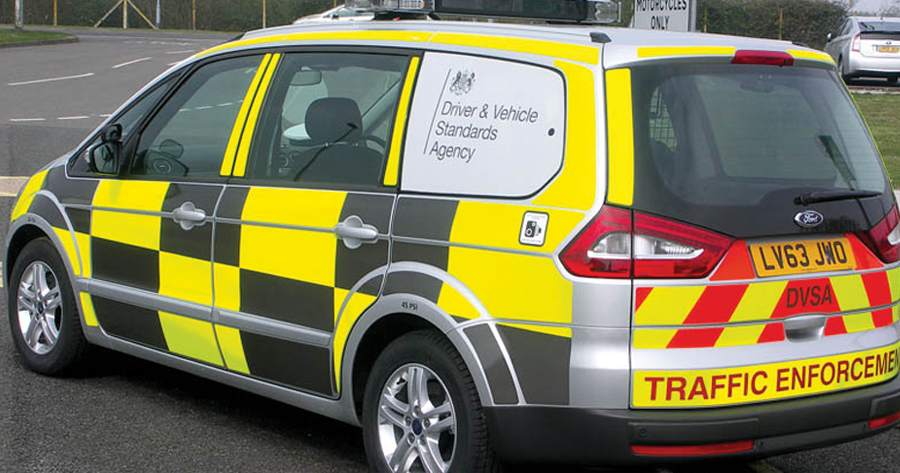Jaama, provider of the UK’s leading fleet and asset management software solutions will be working with the Driver and Vehicle Standards Agency, DVSA in order to support their Earned Recognition Scheme. This scheme is in its pilot stage at the moment and will hopefully reduce the number of roadside checks that are required by DVSA enforcement officers. This new scheme could be great news for companies, as the DVSA roadside checks usually lead to a drop in business efficiency, and possible fines from customers if they are not then able to make their allocated delivery time slot.
Operators that use the multi award winning Key2 web-based technology that has been developed by Jaama will be able to feed the information they collect while carrying out their recorded walk-round vehicle inspection checks, servicing and MOT straight on to the DVSA database. This information will allow the DVSA to see that the transport managers are carrying out robust and regular compliance surveys and methods, therefore lowering the necessity for as many roadside checks and saving companies time and money.
The roadside vehicle checks could also result in the discovery of vehicle defects, which could then lead to a range of issues for companies, including legal action. Fleets of commercial vehicles, buses and coaches that are using the Jaama Key2 software in order to support their operations and maintain their vehicles to the standards required will be able to directly show the DVSA that their fleet is compliant.
This scheme will also allow the DVSA to remotely monitor the fleets using this software, resulting in more of a focused attention for roadside checks in order to target the companies that are using less thorough reporting systems. The transition taking place to more remote reinforcement will mean that commercial, bus and coach fleet operators will be providing online updates to their vehicle and driver information in order to be more proactive with their compliance. This new Earned Recognition Scheme will also encourage more companies to be more proactive as it will reduce the chances of roadside stops, and the negative impacts on the business involved, and improving the fleet’s efficiency.












